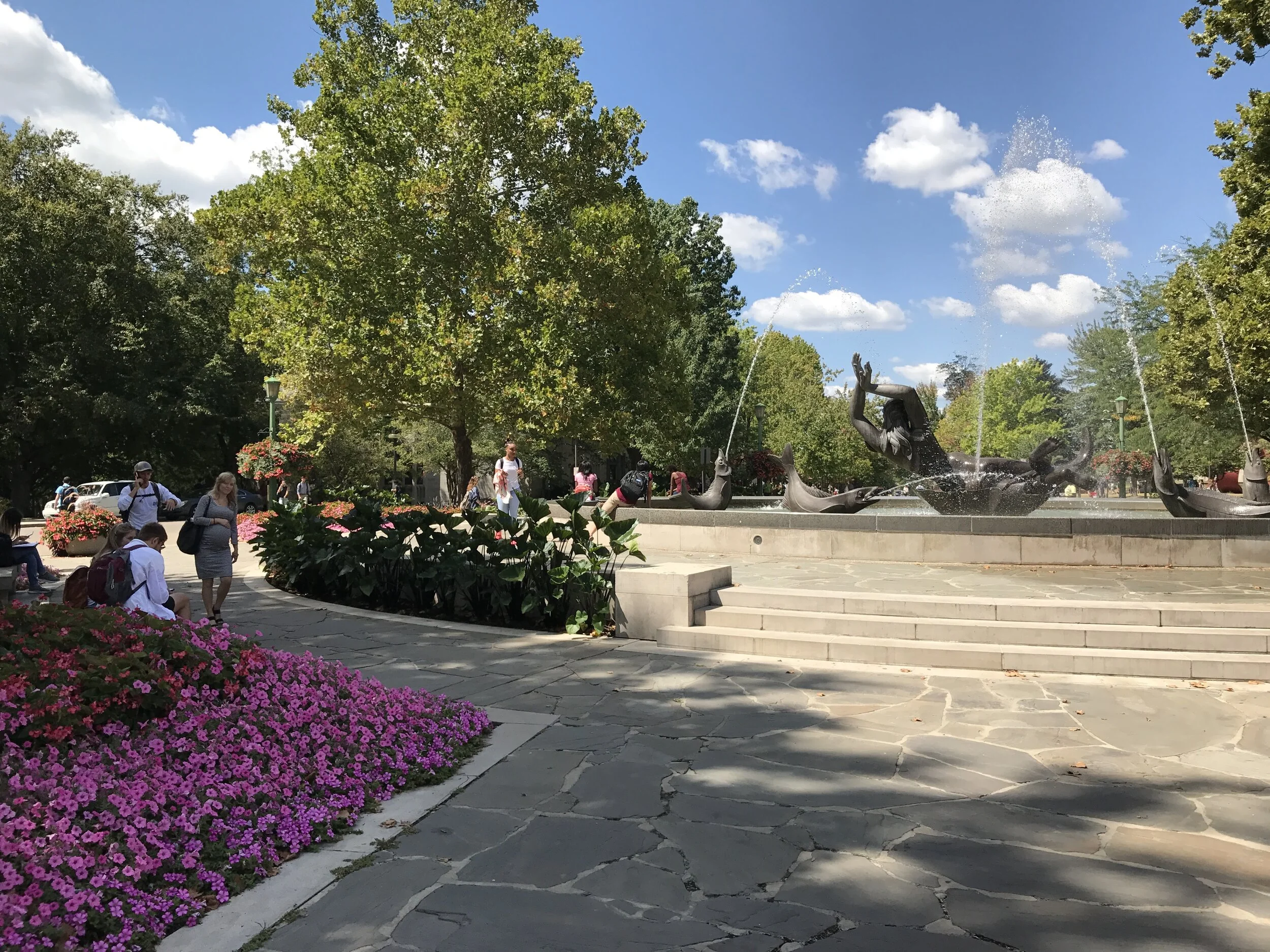National Science Foundation
September 2019 - May 2020 | Indiana
Status: Published
We have published our findings of this work. You can view it here:
Alternatives to Agrilogistics: Designing for Ecological Thinking (Heidi Biggs, Tejaswani Joshi, Ries Murphy, Jeffrey Bardzell, Shaowen Bardzell), Proceedings of the ACM on Human-Computer Interaction · Oct 18, 2021
Abstract:
Sustainable HCI (SHCI) researchers have historically looked to small and urban farmers to help situate and extend notions of sustainability within economic, social, and political frameworks. In the face of climate change and the Anthropocene, however, we ask how designing like the alternative farming practices of small and urban farmers might open up new, ecological approaches to agricultural technology. We conducted ethnographic field work with small farmers and their community in Indiana and show how they are challenging "agrilogistics," defined by philosopher Timothy Morton as a strict separation of nature and culture in food production, a separation, he argues, which underlies the substantial agricultural contributions to climate change. Our ethnography led us to suggest new possibilities for design of agricultural technology that support ecological thinking and caring for more-than-human actors through visceral imaginaries, posthuman storytelling, and engaging curiosity, possibilities which may offer ways to disentangle agricultural technology from agrilogistic paradigms.
Description
Over the course of the the 2019-2020 academic year, I worked in support of two National Science Foundation (NSF) grants focusing on innovation in agriculture. I conducted this work with my advisors, Professors Shaowen Bardzell and Jeffrey Bardzell, and my teammates Tejaswani Joshi and Heidi Biggs.
From the official NSF grant description:
This research integrates two goals: to survey, document, and disseminate knowledge about innovation in alternative agriculture to the human-centered computing community, and to support alternative-agricultural innovation practices using system design approaches to develop novel technologies that build on and extend what is already happening on a diversity of experimental farms.
Over the course of my time supporting this grant, I traveled to a variety of farms (and other agricultural sites and events) to conduct various ethnographic fieldwork including interviews, observations, contextual inquiries, photo-elicitation, etc.
Later on, we planned to explore opportunity spaces by conducting co-design/co-creation activities with our various farming stakeholders, but were disrupted by the 2020 COVID-19 pandemic.


